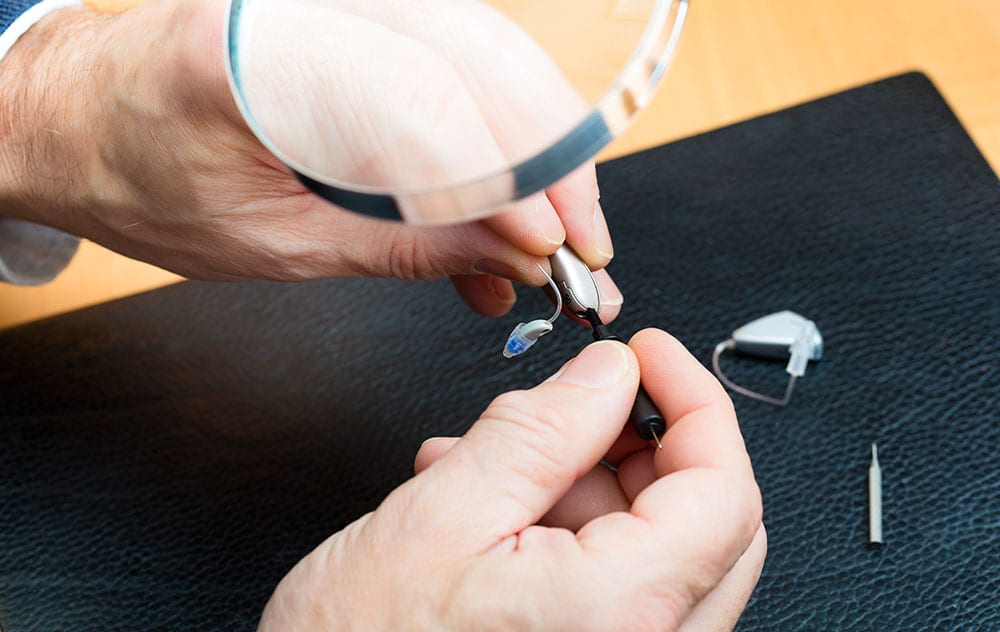Seasonal Maintenance Tips for Hearing Aids
Your hearing aids work hard every day to help you stay engaged in


Your hearing aids work hard every day to help you stay engaged in

Your hearing connects you to the world around you – from conversations

Your pets, just like you, are naturally curious. They sniff, paw and